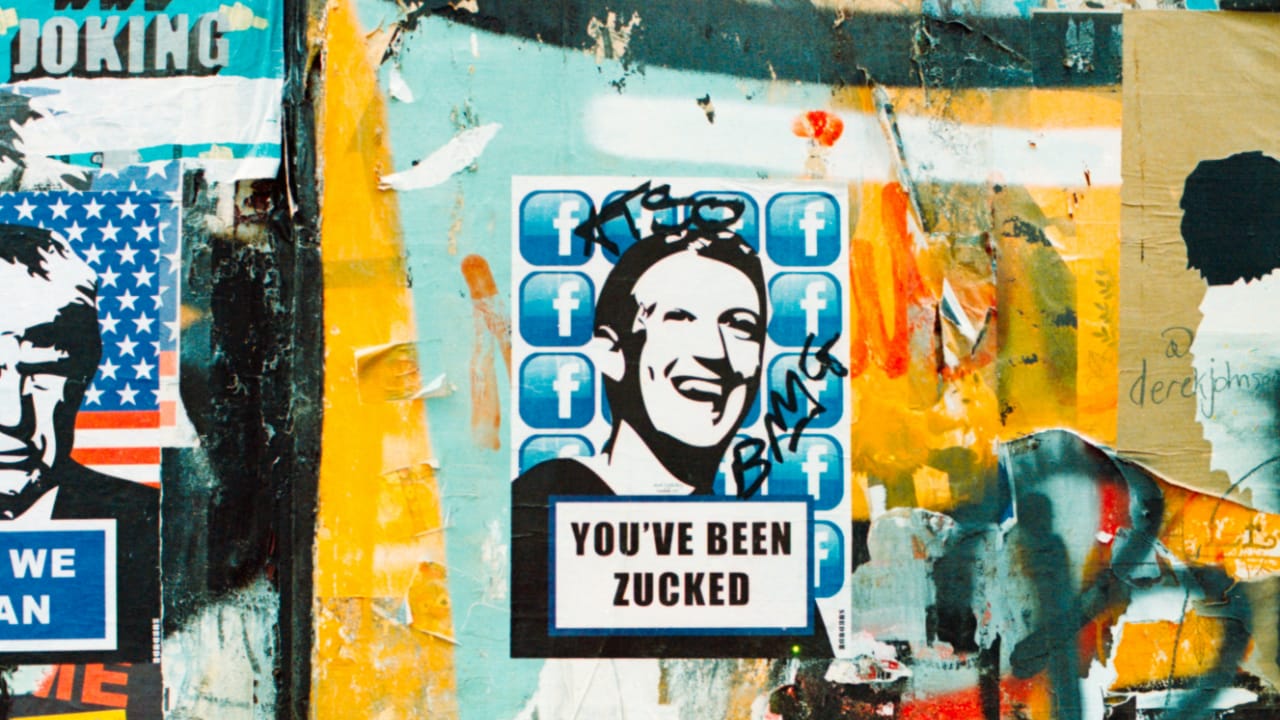By Vikas SN
Facebook parent Meta is streamlining its generative AI efforts across the company into a single product group that will focus on integrating the technology into all of its products, CEO Mark Zuckerberg said, as the company rushes to join the latest AI wave which has gripped technology giants and startups across the world.
This product group will initially focus on building creative and expressive tools, and later look at developing “AI personas that can help people in a variety of ways,” Zuckerberg said in a Facebook post on February 27.
Moneycontrol reported on February 14 that Meta is looking to integrate generative AI technologies, which can generate text, images, sounds, and other media formats in response to short user prompts, into its products such as Facebook, Instagram and WhatsApp.
In his February 27 post, Zuckerberg said that they are looking into text-based experiences such as WhatsApp and Messenger chat, images such as “creative Instagram filters and ad formats,” and “video and multi-modal experiences.”
“We have a lot of foundational work to do before getting to the really futuristic experiences, but I’m excited about all of the new things we’ll build along the way,” he said.
These will likely play a key role as Meta places greater emphasis on algorithmic content recommendations, powered by its AI-based discovery engine, to increase the engagement of users and attract new younger audiences.
During the company’s earnings conference call on February 1, Zuckerberg said one of his goals for Meta is to build on its research to “become a leader in generative AI” in addition to “its leading work in recommendation AI”.
The “top-level product group” will be led by Meta’s vice president of AI and machine learning Ahmad Al-Dahle who will report to chief product officer Chris Cox, according to Axios.
The generative AI rush
To be sure, tech giants such as Meta and Google have developed similar AI technologies for years, but it didn’t capture the public’s imagination until last year when the AI research lab OpenAI unveiled products such as Dall-E, which creates realistic digital images from text descriptions, and the widely popular chatbot ChatGPT.
The soaring interest from consumers for such products has resulted in these tech companies rapidly looking to productise these technologies and integrate them into their existing products to capitalise on the trend.
Earlier this month, Google unveiled an experimental conversation AI chatbot called Bard and previewed new generative AI search features, while Microsoft demoed a new version of its Bing search engine and Edge browser that will be powered by OpenAI’s next-gen AI technology.
Snapchat parent Snap Inc has also announced a ChatGPT-powered experimental AI chatbot called “My AI” that will enable Snapchat+ subscribers to engage with the chatbot as they would with their friends.
Last week, Meta announced that it will release a new foundational large language model of its own called LLaMa (Large Language Model Meta AI) that is targeted towards AI researchers helping them advance their work.
Meta has previously been reluctant to launch products based on this nascent technology since they are already under significant scrutiny for spreading misinformation, fake news, and hate speech.
In November 2022, the company faced intense backlash after the release of the scientific knowledge-focused chatbot Galactica, which was taken down within three days, just a few weeks before OpenAI released ChatGPT.
Earlier last year, the company’s prototype ChatGPT-like chatbot Blenderbot 3 also drew criticism for producing offensive answers and conspiracy theories, among others.
This phenomenon was also evident from the recent public demonstrations of both Google and Microsoft’s offerings, which were eventually found to have provided incorrect information in their respective presentations.
Microsoft also had to tweak its Bing AI chatbot after it appeared to have had a meltdown within its first week of launch, gaslighting users and providing inappropriate responses in some free-wheeling conversations.
